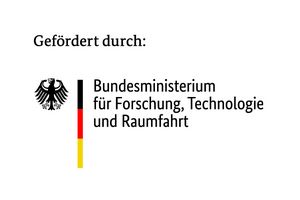INGVER
INGVER
SAFRAN - Ensuring successful treatment after hospitalisation
Sub-project 3 - Older people (SAFRAN)
Increased life expectancy is causing a drastic increase in the number of people in need of care. The majority of people in need of care are cared for in their own homes. Relatives are almost always involved in the care to varying degrees. Furthermore, the need for care is increasingly shifting to the home context due to the considerably shorter hospital stays in recent years. However, inpatient follow-up care at home is a particularly weak point in terms of ensuring successful treatment and avoiding negative trajectories and the need for care.
Social and physical activities in older people with care needs can make a decisive contribution to the prevention of negative health outcomes. Relatives not only play a central supportive role in this context, but can also be affected by the demands and consequences of the care situation themselves. How activity trajectories develop after an inpatient stay and which personal, social and contextual influencing factors prove to be beneficial or aggravating factors in this context is not sufficiently known.
As part of the project, we are investigating geriatric patients undergoing inpatient treatment and their caring relatives. The first data collection takes place during hospitalisation. The second and third surveys take place 3 and 6 months after discharge in the home environment.
The aim of our study is to identify trajectories of social and physical activities and their influencing factors. In addition, the insights gained are to be translated into a concept for lifestyle interventions to improve the everyday coping of patients and caring relatives.
The SAFRAN team has started recruitment and data collection.

